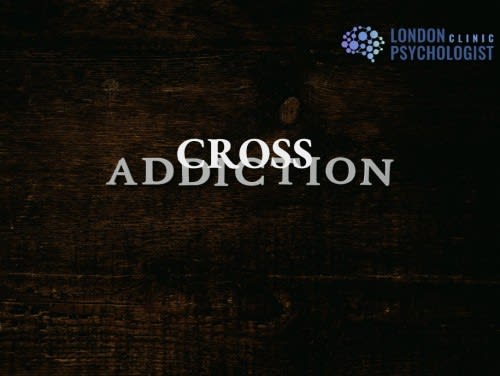What is Cross Addiction?

posted 28th September 2022
What is Cross Addiction?
Cross Addiction
Cross-addiction is simply a transfer of addictions, the exchange of one harmful dependency for another. Substituting one mood-altering drug for another. Valium for alcohol, heroin for alcohol, and marijuana for cocaine, gambling for exercise are just some examples.
What really happens when an addict exchanges one mood-altering chemical for another? The first predictable outcome is a new addiction: the addict becomes addicted to the substitute. This may not happen immediately. It may take months or even years. The intention, stated or otherwise, is to use the new chemical in moderation. But the addict eventually uses more and more. The addict now has the same problem, but a new master.
Cross-addiction and Denial
Total abstinence is difficult for most addicts to accept, they believe giving up all chemicals is unfair, unrealistic, and unnecessary. We don’t want to believe cross-addiction is real, because we’re scared. The thought of facing life without chemicals is terrifying. It means experiencing ups and downs, fears, uncertainty, and worst of all-pain, without an anaesthetic. This is unacceptable to us, so we desperately try to find reasons, excuses, and rationalisations to deny our chemical dependency and our need for complete abstinence.
What is the best psychotherapy for substance abuse?
Behavioural therapy is perhaps the most common treatment for addiction and is frequently used during substance rehabilitation; however psychodynamic therapy can help an individual understand what they are trying to block out. This understanding can make it easier to avoid "triggers' and deny the cravings.



